![]()
![]()
![]()
Use LEFT and RIGHT arrow keys to navigate between flashcards;
Use UP and DOWN arrow keys to flip the card;
H to show hint;
A reads text to speech;
32 Cards in this Set
- Front
- Back
- 3rd side (hint)
|
House |
Das Haus |
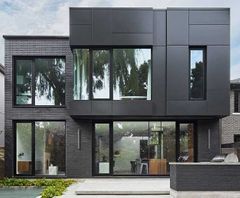
|
|
|
Bed |
Das Bett |
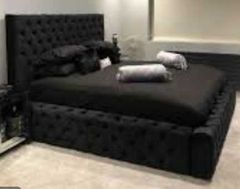
|
|
|
Table |
Der Tisch |
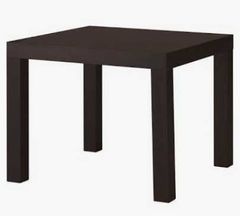
|
|
|
Door |
Die Tür |
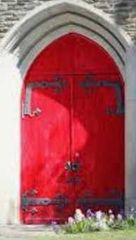
|
|
|
Cushion (pillow) |
Das Kissen |
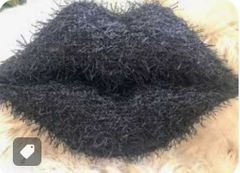
|
|
|
Window |
Das Fenster |
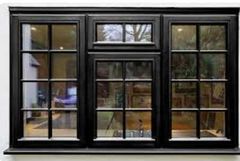
|
|
|
Wall |
Die Wand |
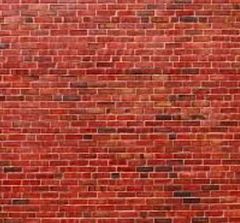
|
|
|
Floor |
Der Boden |
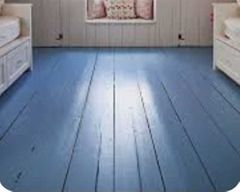
Floor board |
|
|
Bedroom |
Das Schlafzimmer |
Sleep room |
|
|
Bathroom |
Das Badezimmer |
Direct translation |
|
|
Kitchen |
Die Küche |
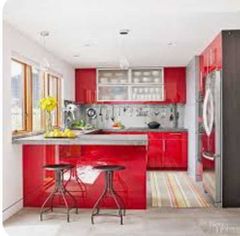
|
|
|
Living room |
Das Wohnzimmer |
|
|
|
Cellar |
Der Keller |
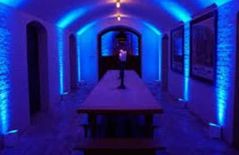
|
|
|
Chair |
Der Stuhl |
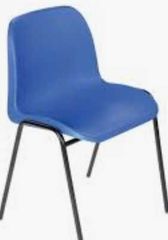
|
|
|
Sink (wash basin) |
Das Waschbecken |
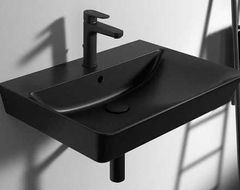
Wash basin |
|
|
Toilet |
Die Toilette |
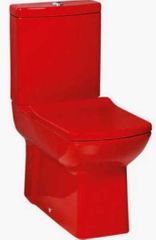
|
|
|
Bathtub |
Die Badewanne |
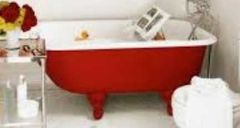
Direct translation |
|
|
Shower |
Die Dusche |
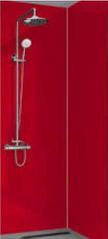
|
|
|
Lamp |
Die Lampe |
|
|
|
Rubbish |
Der Müll |
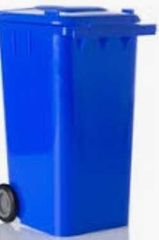
A rubbish horse |
|
|
Fridge |
Der Kühlschrank |
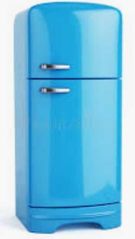
Cool cupboard |
|
|
Stove |
Der Herd |
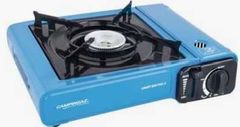
Short form of "heat" |
|
|
Microwave |
Der Microwave |
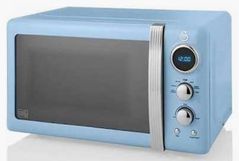
|
|
|
Dishwasher |
Die Geschirrspülmaschine |
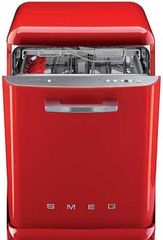
Dishes rinse machine |
|
|
Cabinet |
Das Kabinett |
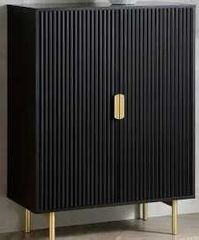
Same in German |
|
|
I clean (scrub) the shower |
Ich putze die Dusche |
I put the shower back to its clean state |
|
|
He sits on the chair |
Er sitzt auf dem Stuhl |
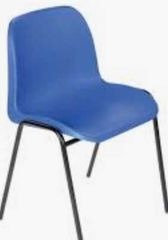
|
|
|
The knife / knives |
Das Messer / Messer |

|
|
|
The fork / forks |
Die Gabel / Gabeln |

name for a maker and seller of forks from Middle High German gabel(e) German Gabel ‘fork’. The reference is to any of the various pieces of agricultural equipment denoted by this word for example hay forks shearlegs etc. Table forks were not used in Germany for eating before the 16th century. German: topographic name for someone who lived near a fork in a road or river or owned a forked piece of land from the German word (see 1 above) in this transferred sense. German: habitational name from any of the places called Gabel in Germany in Schleswig Thuringia Silesia and in particular in Bohemia |
|
|
The spoon / spoons |
Der Löffel / Löffel |
|
|
|
The tub |
Die Wanne |
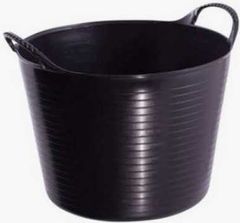
From Old High German wanna, a borrowing from Latin vannus (“winnowing basket”) |
|
|
The basin |
Der Becken |
Der BeckenFrom Middle High German becken, from Old High German becki, beckin, from Vulgar Latin *baccīnum (possibly attested as bacchinon, 6th century), probably from Gaulish. Compare Dutch bekken and further French bassin, English basin |

